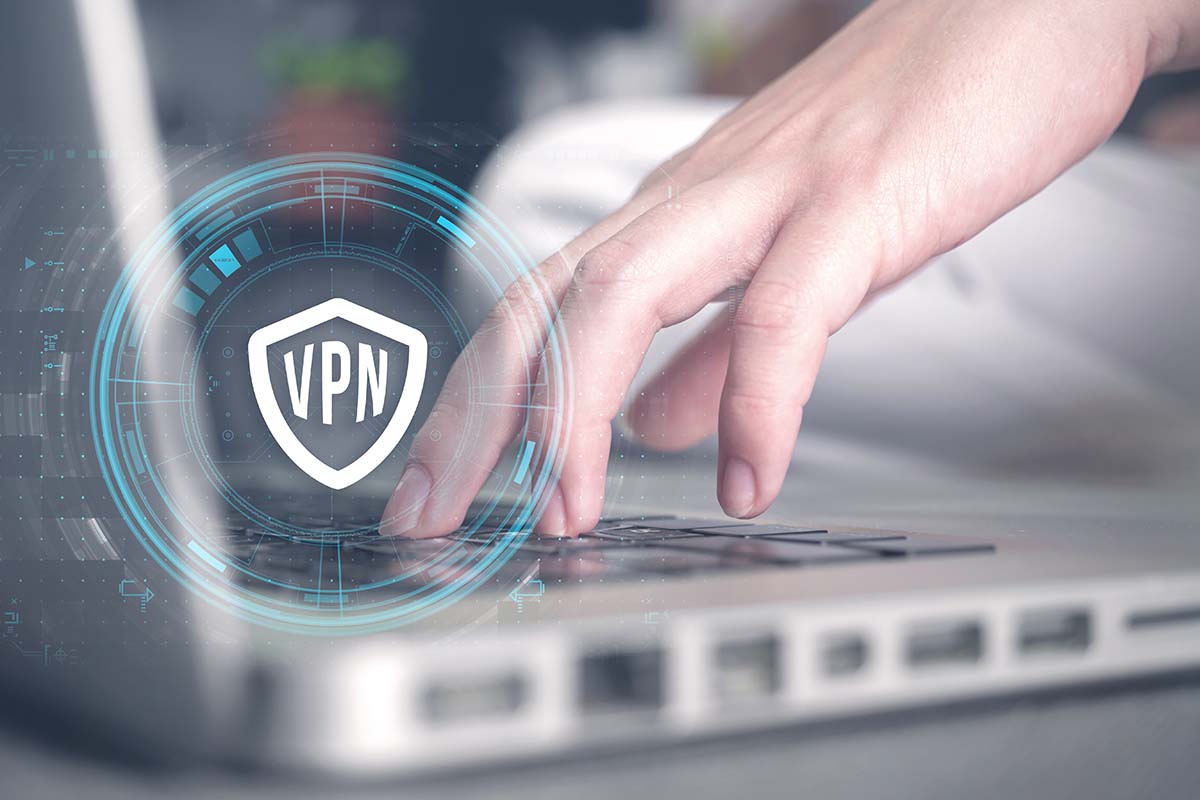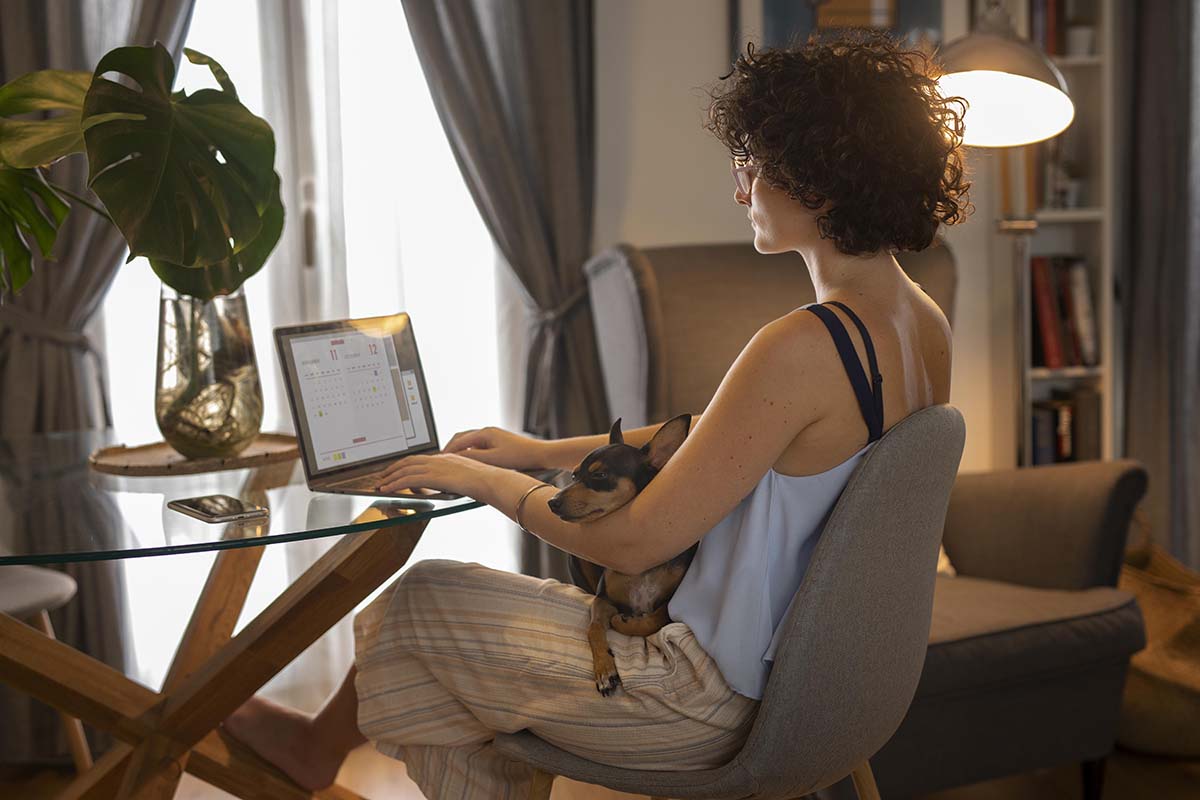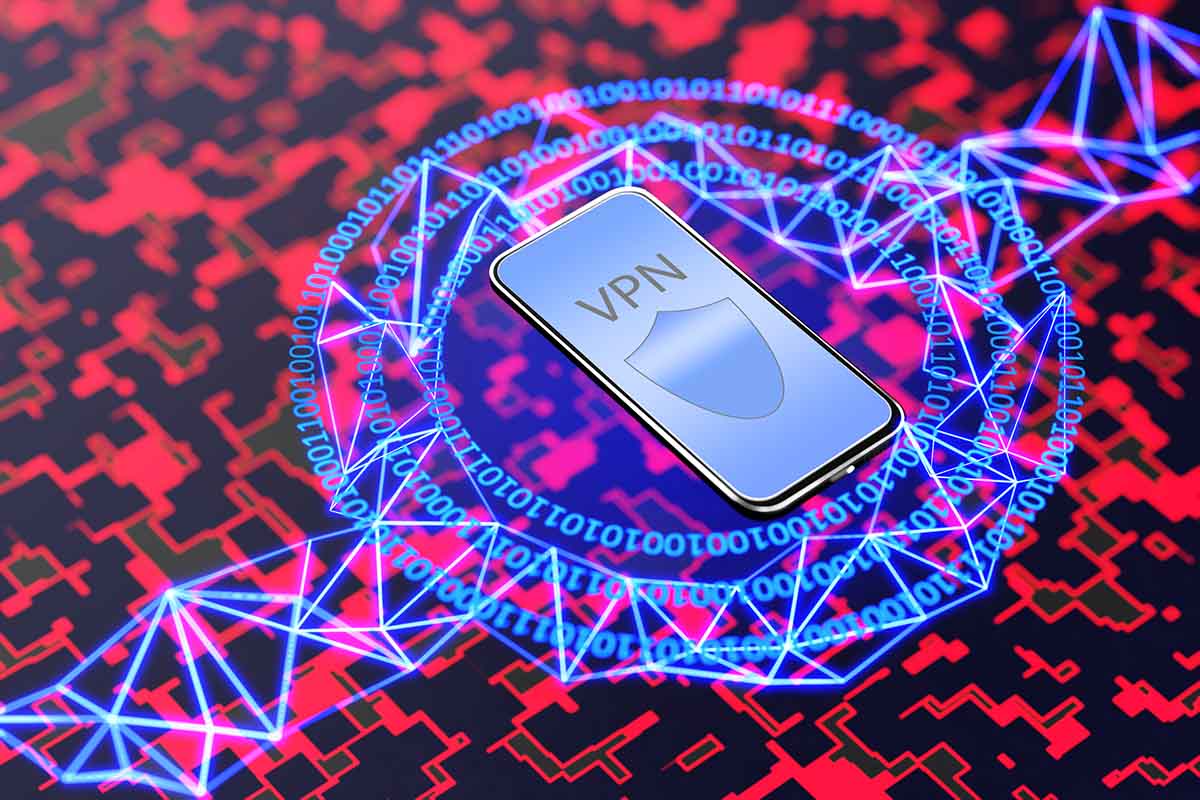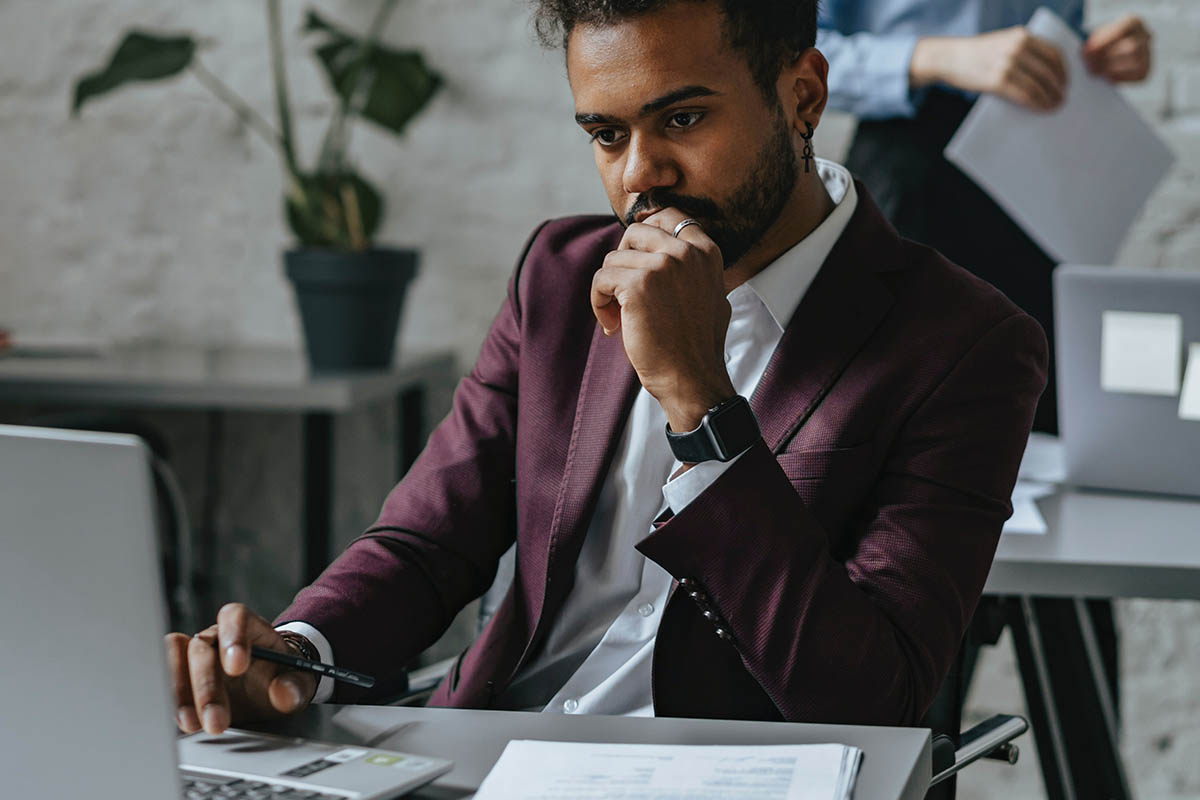In your online travels, you’ve probably come across ads for VPNs, and if you’re not well-versed in the more technical side of things, you might not be aware of what a VPN is or what it can do for you. The fact is that many people still think VPNs are only for the technically minded. Still, they’ve become so ubiquitous and easy to use that they’re ideal for anyone, regardless of “technical skill.” Here’s our rundown of precisely what a VPN is and when you might want to use one.
What is a VPN?: The basics of a VPN
Let’s start with the basics. VPN stands for “Virtual Private Network.” As the name suggests, a VPN will give you additional online security, making it harder for anyone to spot what you’re doing online. You can engage in private browsing safely and happily with a VPN, knowing that nobody can “look over your shoulder” metaphorically and see what you’re up to.
So, with that in mind, what is VPN connection? How do VPNs help you to connect to safer and more secure browsing? Here’s how it works.
- Your VPN will create a secure connection. First, you’ll use your VPN to get online. This makes a sort of “tunnel” through which all traffic flows.
- Your IP address gets changed. Rather than coming from your actual IP address, any sites you visit while connected to your VPN will think you’re using the VPN server’s IP address instead. This is done via the VPN tunnel we discussed in the process’s first step.
- Your data is encrypted. Naturally, your data could still be open to hackers or other unsavory elements even while it’s going through the tunnel (since there are very few places online where your data is 100% safe). That’s why good VPNs encrypt your data so that nobody can see what you’re doing and nobody knows who you are.
Why would you want to use a VPN?
There are lots of potential applications for using a VPN. From private browsing to accessing another country’s services that would usually be inaccessible, a VPN can help you open up your internet access and do more with your browsing session. Here are some of the reasons you might want to use a VPN.
- You are hiding your browsing. If you don’t like the idea of companies knowing what you’re looking at and advertising to you or changing their impression of you based on what they see, then a VPN is ideal because it hides your browsing data from everyone. Nobody will be able to know what you’re looking at online, so if privacy is important to you, then you need a VPN.
- Public Wi-Fi protection. Your data is at elevated risk if you’re on a public Wi-Fi network. That’s where a VPN comes in; if you’re using a VPN on public Wi-Fi, it’s much harder to get caught up in a cyber attack, so your data is much safer than it would be if you weren’t using a VPN.
- Bypassing censored or blocked sites. Many websites will edit or block their content based on where you’re trying to access them from. A VPN can help bypass those censors to access whatever content you like. VPNs are top-rated in countries with censorious governments because they allow the citizens of those countries to bypass firewalls and watch content from social media or streaming services outside of their native country.
- Circumvent pricing changes. Many websites will use your IP address to determine your location and then change the pricing of their goods or services based on your site. If you don’t want that to happen, then a VPN can help; it dummies your location, so you’ll receive pricing as if you were entirely elsewhere.
Are there any problems with using VPNs?
Of course, no service is entire without problems. A VPN can do many beautiful things, but there are a few caveats you may want to bear in mind if you use one. Here are some of the potential drawbacks of using a VPN.
- Slower online gaming. If you use a VPN to play online games, you may experience lag or slowdown that wouldn’t usually occur. This is because you’re essentially adding an extra step in the connection between you and the game; it stands to reason that the speed would be slower since the data needs to travel through the VPN tunnel on its way to the game’s servers. Higher-quality VPNs will result in less speed loss.
- No true anonymity. This isn’t a drawback with VPNs, but something to bear in mind. A VPN does not entirely mask your identity. It’ll be much harder for companies and other entities to detect who you are if you use one, but it’s impossible to become completely anonymous online so that a VPN won’t hide you.
- VPNs might be illegal, depending on where you are. You should make sure that you look up the legal situation for VPNs in your country. Some countries prohibit or outright ban VPNs, and severe penalties could be attached to using them. Make sure that whatever you’re doing, it’s not illegal because the last thing you want is to be arrested. After all, you wanted to watch Netflix in another country.




















